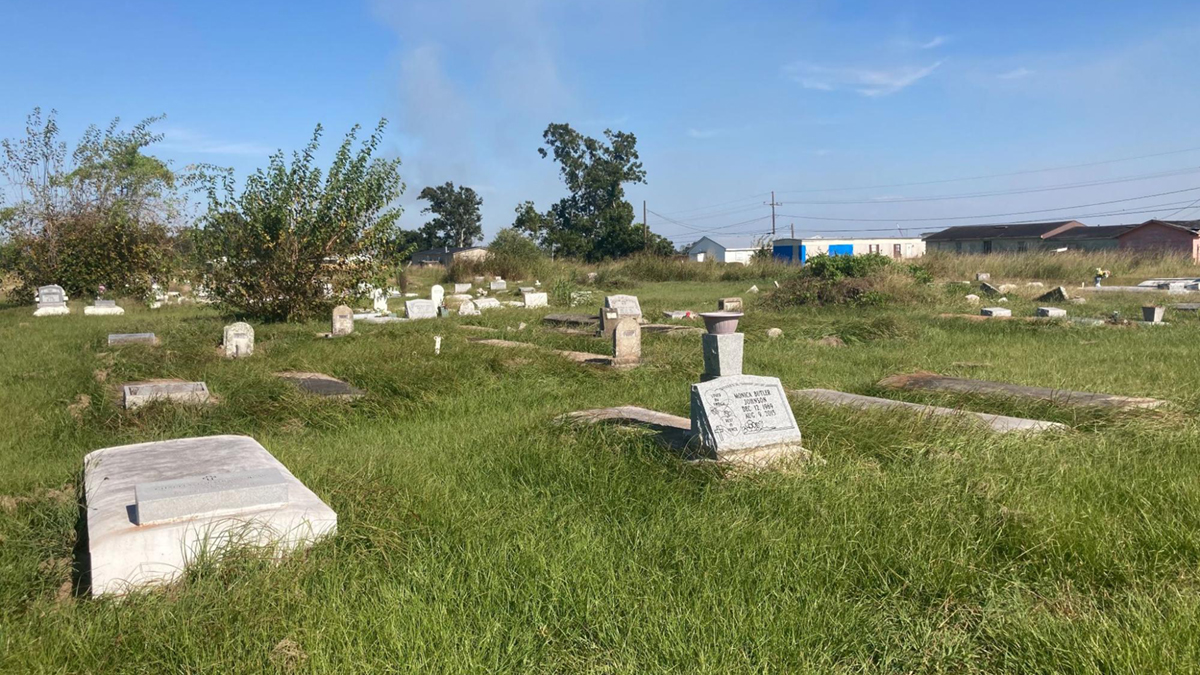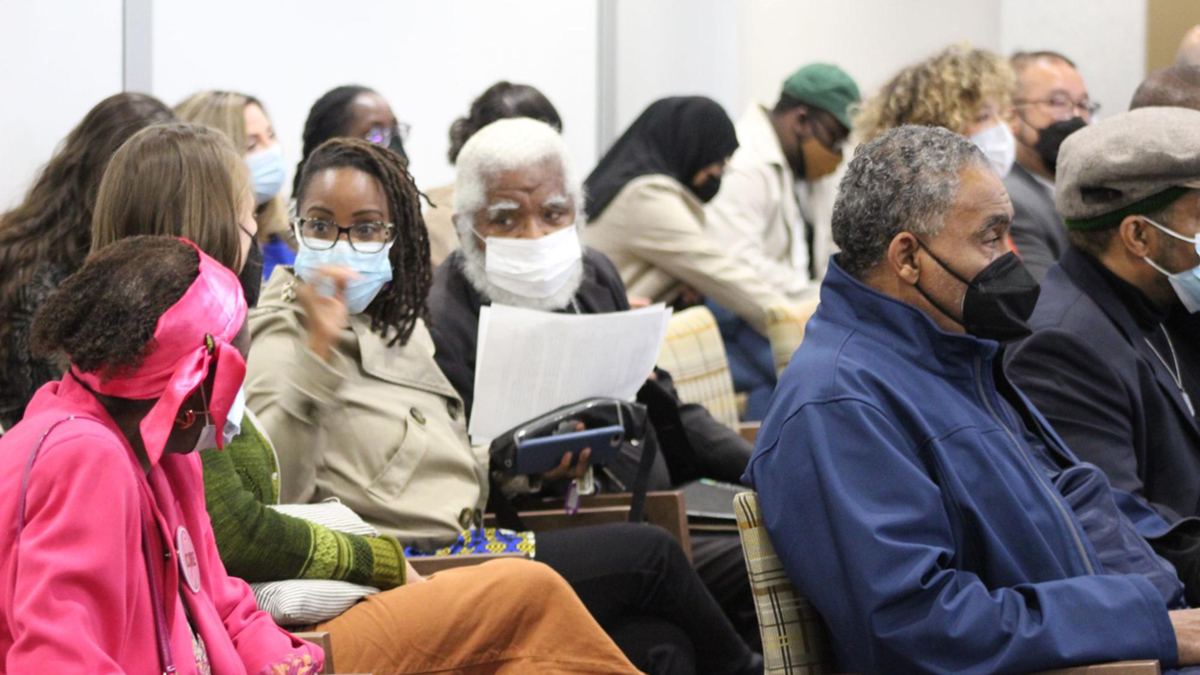
RJI news
How do you make a Slack bot that users of all levels can interact with and get insights from?
SEO is beyond a technical problem, it’s also a user experience problem.
How young journalists are vital for projects building towards a better future for journalism
If students are given opportunities now, they will have the ability to do so much more once they are established professionals.
How to implement community listening
Eight steps to begin incorporating field canvassers into your newsroom’s work Borderless Magazine is a small (but mighty!) nonprofit news outlet based in Chicago. We cover immigration and immigrant communities, and about half of our online audience reads our work in Spanish. In order to stretch our modest resources and better serve our audiences, we … Continued
Leaders, let’s first plan for an emergency
Good succession planning starts with what to do if a leader needs to take a temporary absence.
Why you should care about your news site’s SEO
Common challenges, core basics and practical first steps.
Securing our safety online
What journalists need to know about digital security.
Students should lead innovation in the journalism industry
Introducing the College Media Innovation Coalition, a resource for student-led newsrooms to collaborate and communicate.
The majority of Americans say they do not know a Muslim
The need to develop a Muslim media toolkit.
Where public history meets journalism
We can and should grant people agency in our stories.
Why showing up is powerful
Let’s build a future where more productive civic engagement is a duty for newsrooms and an opportunity for our communities.
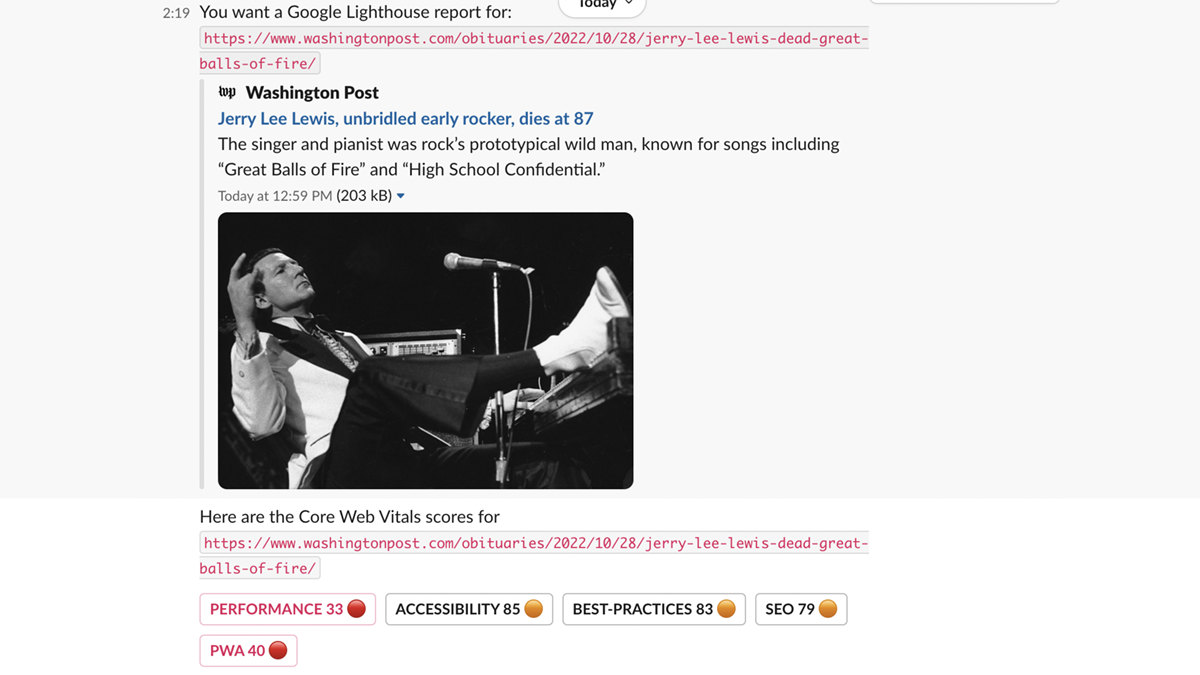
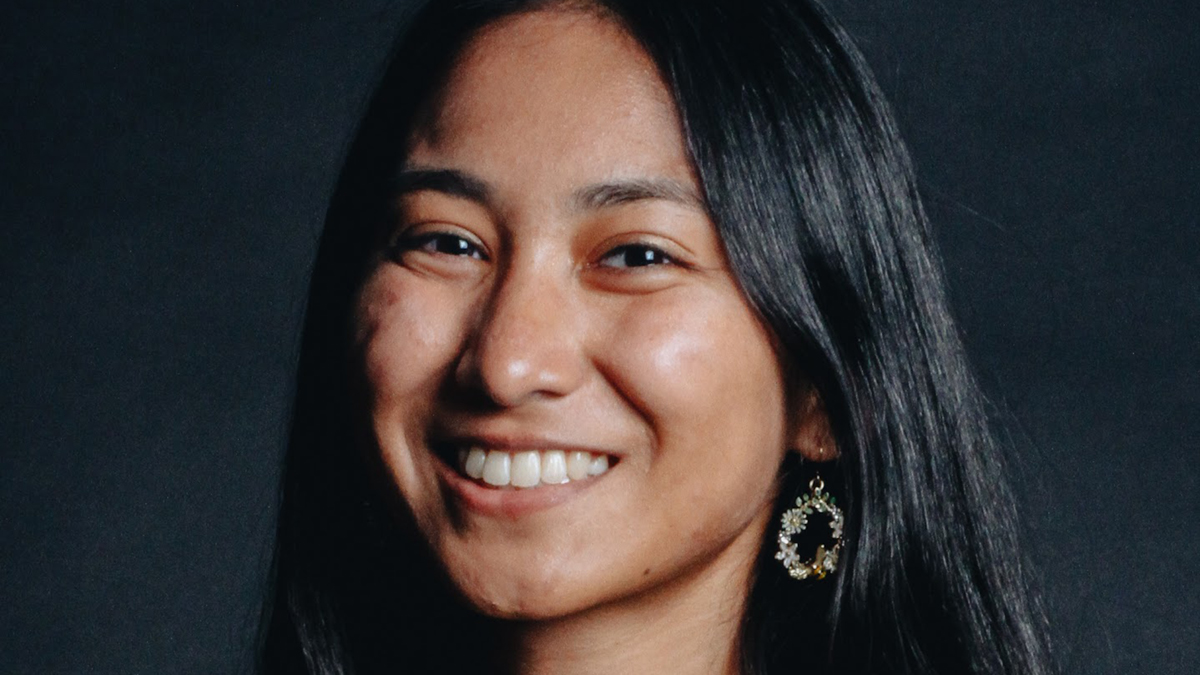
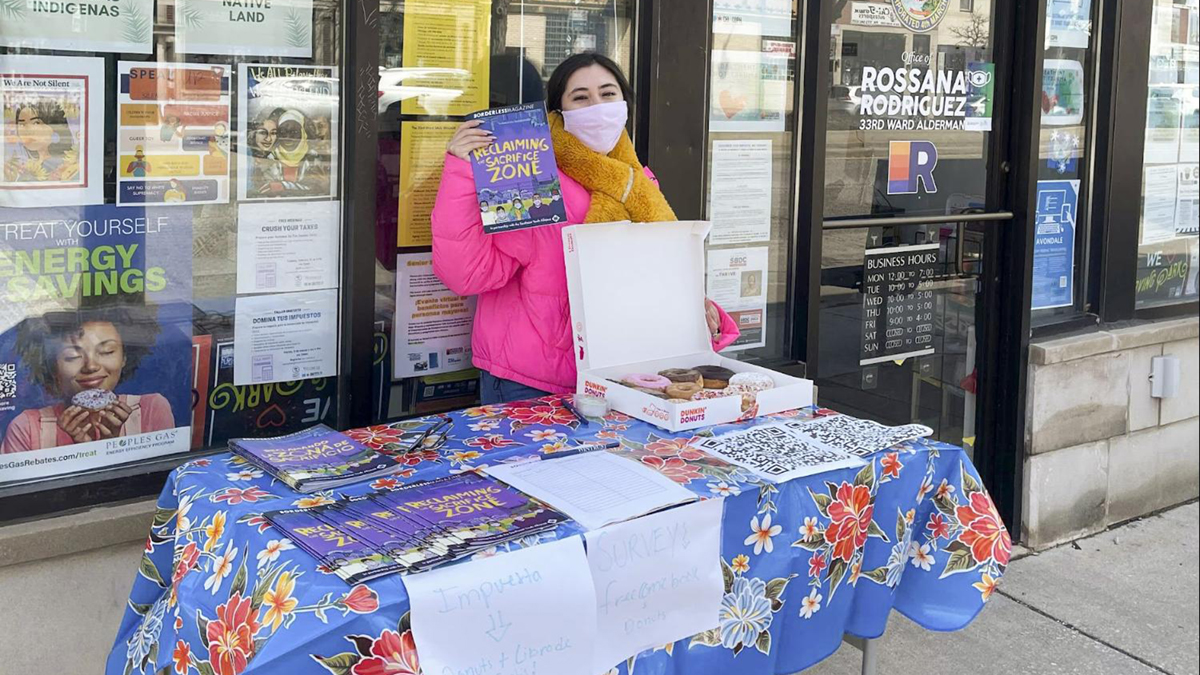

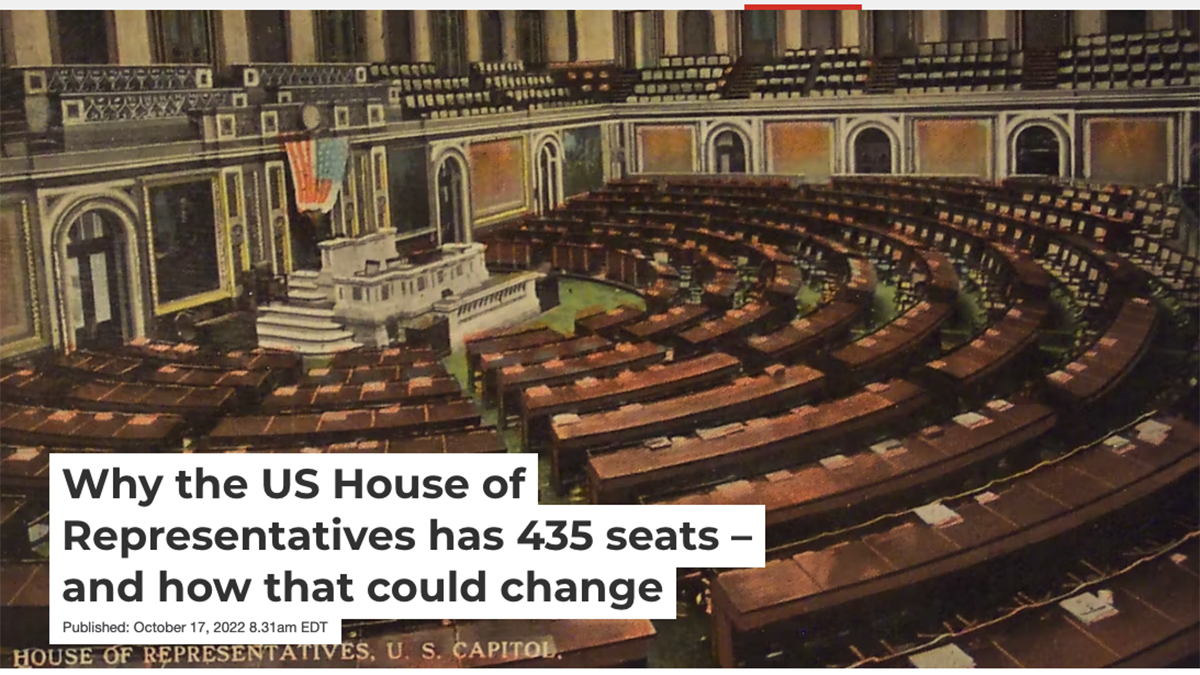
![Mari Galicer leads a session on digital safety and security during a HEFAT [Hostile Environment & First Aid Training] offered by IWMF [Intl. Women’s Media Foundation] in Los Angeles Sept. 13-16, 2022. Photo: Tara Pixley](https://rjionline.org/wp-content/uploads/sites/2/2022/10/pixleyt22102501.jpg)


